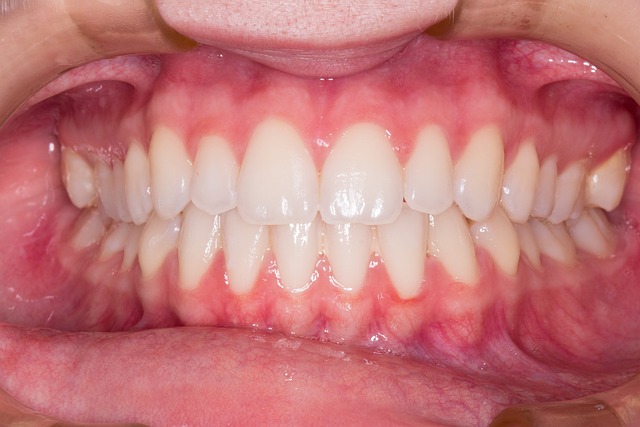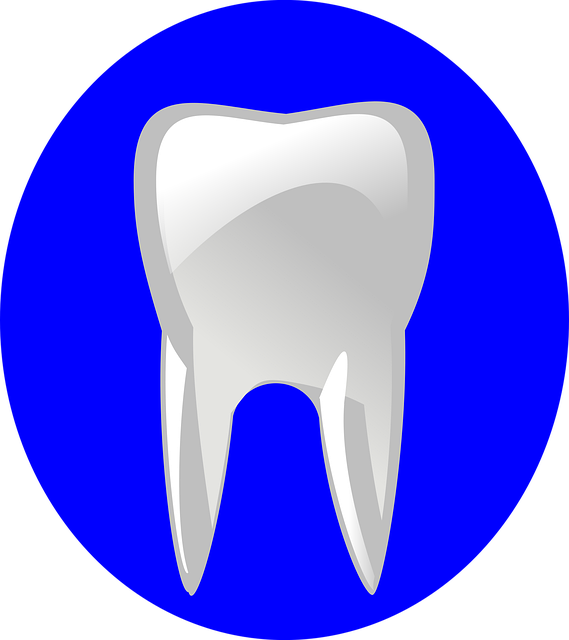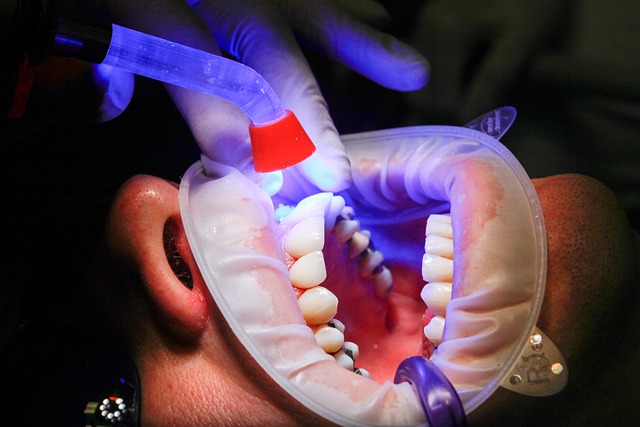Gum disease, a leading oral health concern in Eugene, Oregon, caused by bacterial infections, progresses from gingivitis (red, swollen gums) to periodontitis, potentially leading to tooth loss. Risk factors include smoking, weakened immune systems, poor hygiene, and age-related sensitivity. Early detection through dental check-ups is crucial. Non-surgical treatments like deep cleaning and laser therapy address mild to moderate cases effectively. Regular dental visits, healthy habits, stress management, and treating underlying conditions prevent recurrence and maintain long-term oral health in Eugene.
“Periodontal disease, often referred to as gum disease, is a prevalent oral health concern in Eugene, Oregon. This article delves into the understanding, diagnosis, and management of this condition, focusing on effective strategies for local residents. We explore the causes and risk factors specific to Eugene, highlighting the importance of early detection through common signs. Additionally, we provide an overview of non-surgical treatments and long-term care plans to prevent recurrence, emphasizing the availability of quality oral health management in the region.”
- Understanding Gum Disease: Causes and Risk Factors in Eugene
- Diagnosing Periodontal Disease: Common Signs to Watch For
- Non-Surgical Treatments for Healthy Gums Again
- Preventing Recurrence: Long-Term Care Strategies for Eugene Residents
Understanding Gum Disease: Causes and Risk Factors in Eugene

Gum disease, a common oral health issue, is caused by bacterial infections affecting the gums and other tissues that support teeth. In Eugene, Oregon, understanding the causes and risk factors is crucial for effective periodontal disease management. This condition starts with gingivitis, characterized by red, swollen, or bleeding gums. If left untreated, it progresses to periodontitis, which can lead to tooth loss due to severe gum damage and bone erosion.
Several factors contribute to the development of gum disease in Eugene. Smoking is a significant risk factor, as tobacco use weakens the immune system, making it harder for the body to fight off bacterial infections. Poor oral hygiene, including irregular brushing and flossing, also plays a critical role. Additionally, certain medical conditions like diabetes or HIV/AIDS can increase susceptibility to periodontal disease. Age is another consideration; as we get older, our gums tend to become more sensitive and vulnerable to inflammation.
Diagnosing Periodontal Disease: Common Signs to Watch For

Periodontal disease, commonly known as gum disease, can often go unnoticed in its early stages. However, understanding the common signs is crucial for effective management and treatment. The initial phase, gingivitis, typically presents with red, swollen, or tender gums that bleed easily when brushing or flossing. This is often accompanied by bad breath or a persistent foul taste in the mouth. As gum disease progresses to periodontitis, symptoms can include gum recession, loose teeth, persistent bad breath, and increased sensitivity around the teeth and gums.
If you reside in Eugene, Oregon, and suspect any of these signs, it’s advisable to consult with a dental professional for an accurate diagnosis. Early detection is key to managing gum disease effectively before it leads to severe complications. Regular dental check-ups can help monitor your oral health and provide appropriate treatment options tailored to your needs.
Non-Surgical Treatments for Healthy Gums Again

Non-surgical treatments offer a gentle and effective approach to managing periodontal disease, focusing on promoting healthy gums again. These methods are particularly beneficial for patients with mild to moderate gum disease. One common technique involves deep cleaning, where dental professionals thoroughly remove plaque and tartar buildup from above and below the gumline. This process, often combining scaling and root planing, creates a clean environment for gums to heal and reattach to teeth.
Additionally, certain non-surgical procedures use laser therapy to kill bacteria and reduce inflammation. This modern approach can also help recontour gum tissue, improving both functionality and aesthetics. By addressing gum disease early and opting for these non-invasive treatments, Eugene, Oregon, residents can maintain their oral health and prevent more severe dental issues down the line.
Preventing Recurrence: Long-Term Care Strategies for Eugene Residents

Preventing recurrence is a key aspect of managing periodontal (gum) disease in Eugene, Oregon. Long-term care strategies are essential to ensuring that residents maintain good oral health. Regular dental checkups and professional cleanings every 3-4 months can significantly reduce the risk of gum disease returning.
Additionally, adopting healthy habits such as brushing twice a day with fluoride toothpaste, flossing daily, and maintaining a balanced diet low in sugar and sticky carbohydrates can help prevent periodontal issues from recurring. Managing stress through relaxation techniques and regular exercise also contributes to overall oral health. Lastly, treating any underlying medical conditions like diabetes or heart disease is crucial, as these conditions are linked to increased risks of gum disease progression and recurrence.














